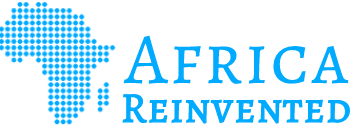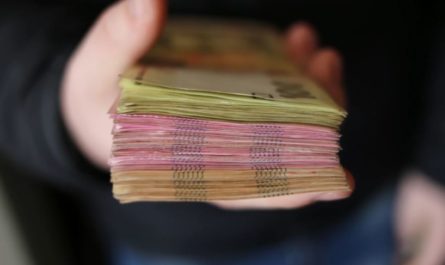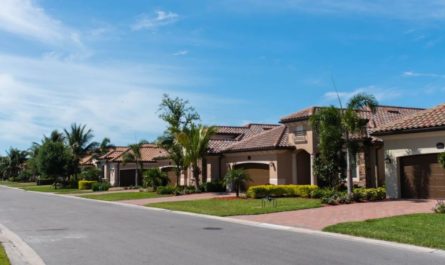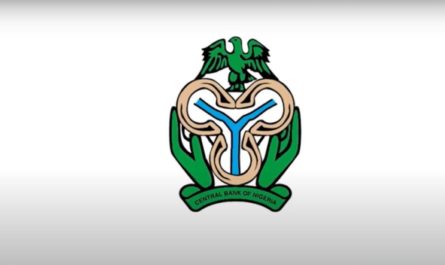The African economic growth rate recently surged to 3.4 per cent. Nigeria and South Africa are the main growth drivers on the continent. However, 3.4 per cent is still below the average world growth rate of 3.9 per cent.
Every country on the continent must help propel growth by nurturing weak sectors like the non-oil industries. By 2030, expectations will shift as the list of African countries with the highest GDP will move around a lot.
Countries currently on the top of the list of the biggest economies in Africa are projected to retain their spots, while those below will struggle. There is also a prediction that Ghana will step up to the top 10 in 2030.

Nigeria – Current GDP $376.3 billion
From the last IMF (International Monetary Fund) statistics, Nigeria currently sits at the number one spot with a total GDP of $376.3bn. Natural resources, as well as the agricultural sector, continues to provide most of the country’s earnings.
Nigeria by 2030 – With the continuous growth of 2.1% Nigeria may remain in its place with the highest GDP on the continent. The country is predicted by experts to be the first to arrive at a GDP of over $1 trillion in 2030.
South Africa – Current GDP $349.3bn
Political imbalances in the country put South Africa’s economy in jeopardy. However, the mining, manufacturing and agricultural sectors of the country remain its greatest assets.
South Africa in 2030 – At a pace of 1.5 per cent growth, rather than its previous 1.3 per cent growth, South Africa will remain at its place as the second-largest economy in Africa by 2030. Their GDP is expected to reach around $810 billion.
Egypt – Current GDP $237.0bn
With the exports of oil, agricultural products, and other goods, Egypt has maintained third-place for a while, except for in 2016 when it briefly beat South Africa at second-place.
Egypt in 2023: The country is working on increasing its GDP and addressing its budget deficit with a major reform program. GDP is projected to grow to about $471 billion by 2030.
Algeria – Current GDP $178.3bn
Agriculture plays a minor role in the economy of Algeria and the oil market is a bit unstable. However, the export of a number of non-oil products keeps its economy going.
Algeria in 2030: This country is expected to remain the fourth-largest economy in Africa in 2030. Its GDP is then forecasted to be about $330 billion.
Angola – Current GDP $124.2bn
Angola’s GDP has seen a massive growth of 5% these last years. The government combated the decline in oil prices by increasing non-oil revenues. Cutting government expenditures is helping them restore their revenue growth.
Angola in 2030: The country is expected to have a GDP of nearly $226 billion in 2030.
Morocco – $109.8bn
The tourism sector in Morroco languishes in the hands of extremist groups. This is leading to a drop in the GDP.
Morocco in 2030: With a predicted GDP of $184 billion in 2030, Morroco is set for the same spot, sixth place.
In Conclusion
It should be noted that the GDP values listed here are absolute numbers for each country. This is not the same as GDP per capita.
We hope to see all of the big and small economies in Africa grow their economy. To do so, they must endeavour to reduce dependency on natural resources. Increasing efforts within industries such as manufacturing, agriculture, services, and technology will be of great help too.
Follow us on Facebook and Twitter for fresh new posts on Africa and Business in Africa.











